
Make it stand out
What’s been happening?
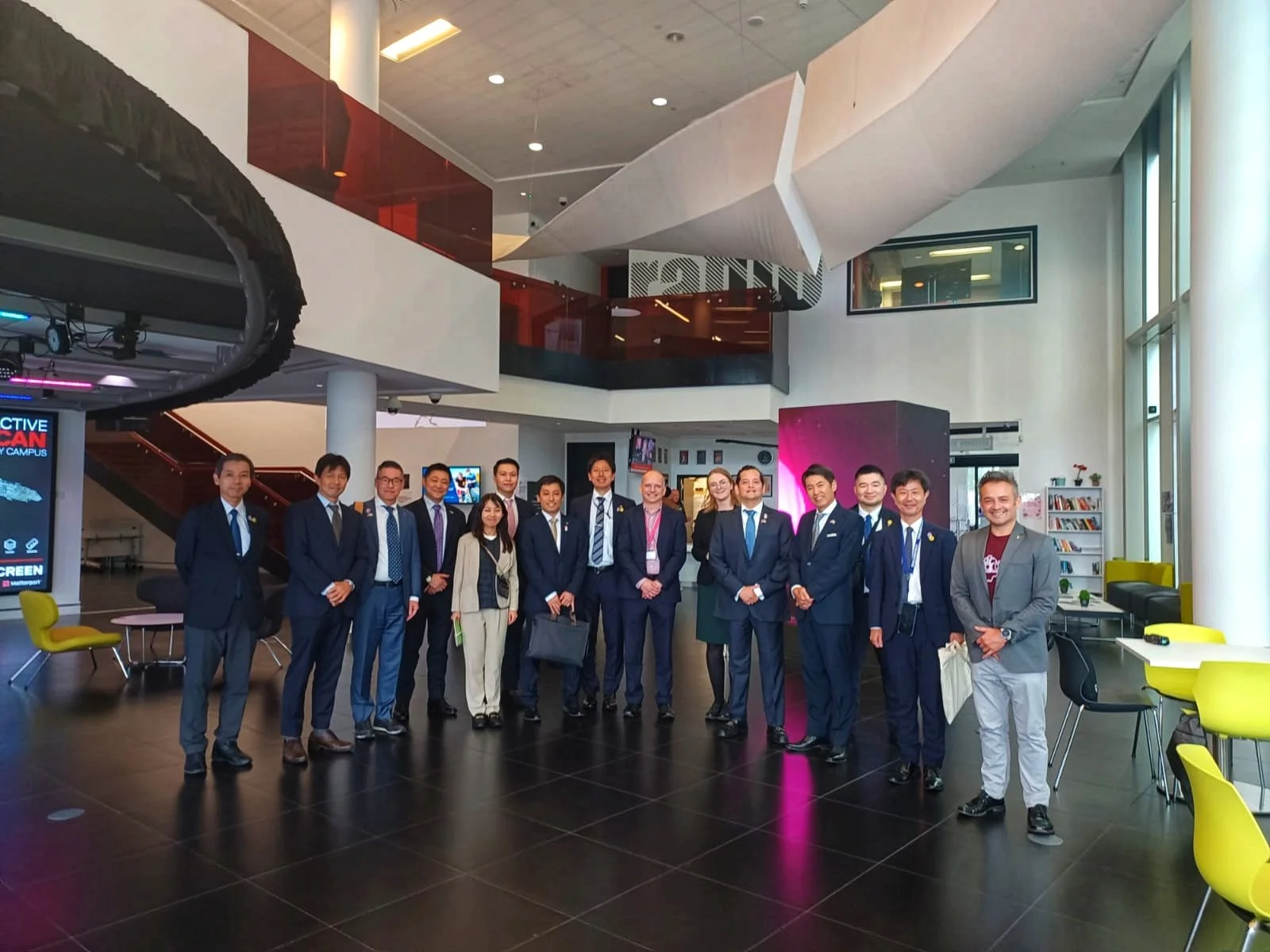
Japan X MCR
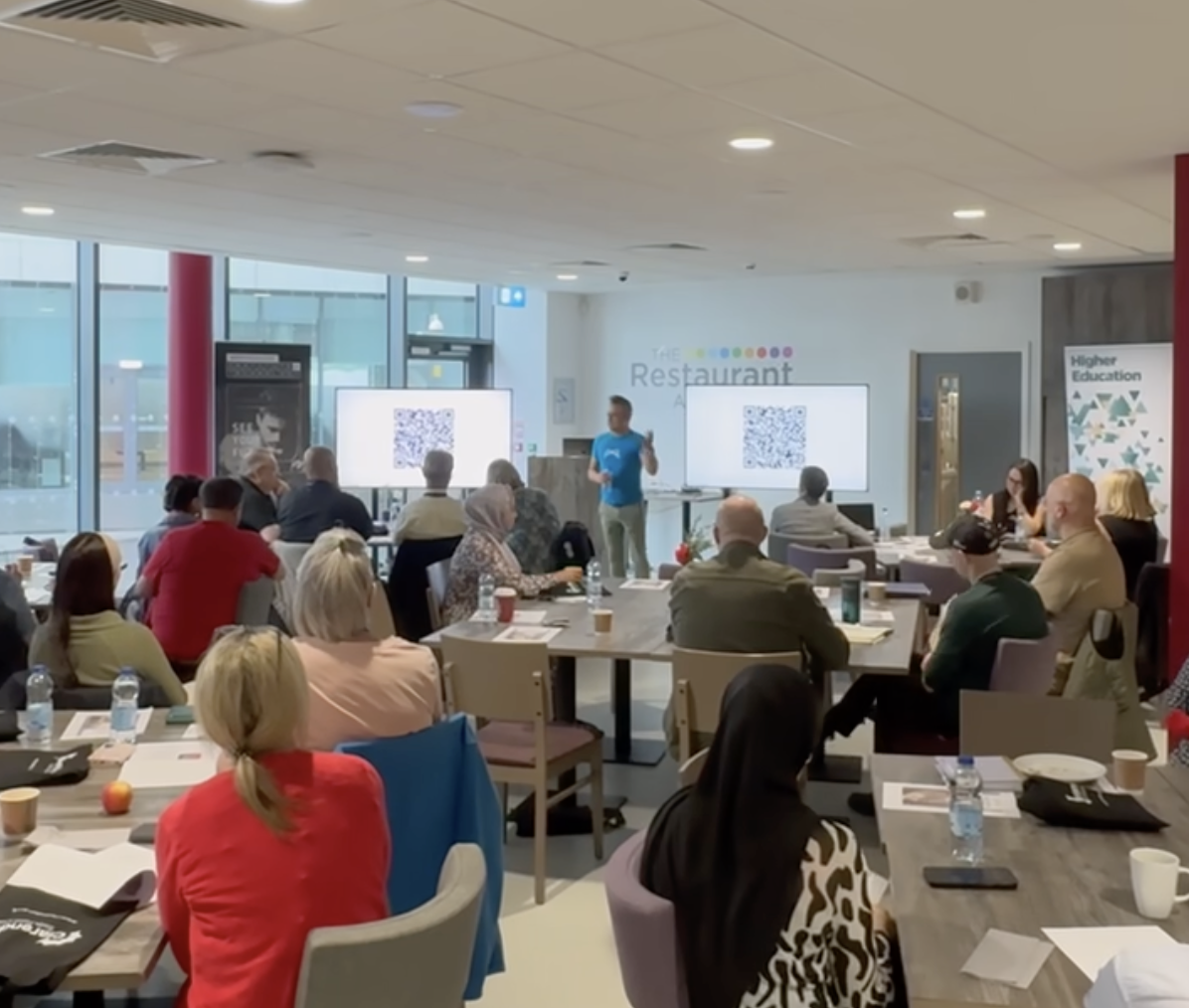
Artificial Intelligence in Research
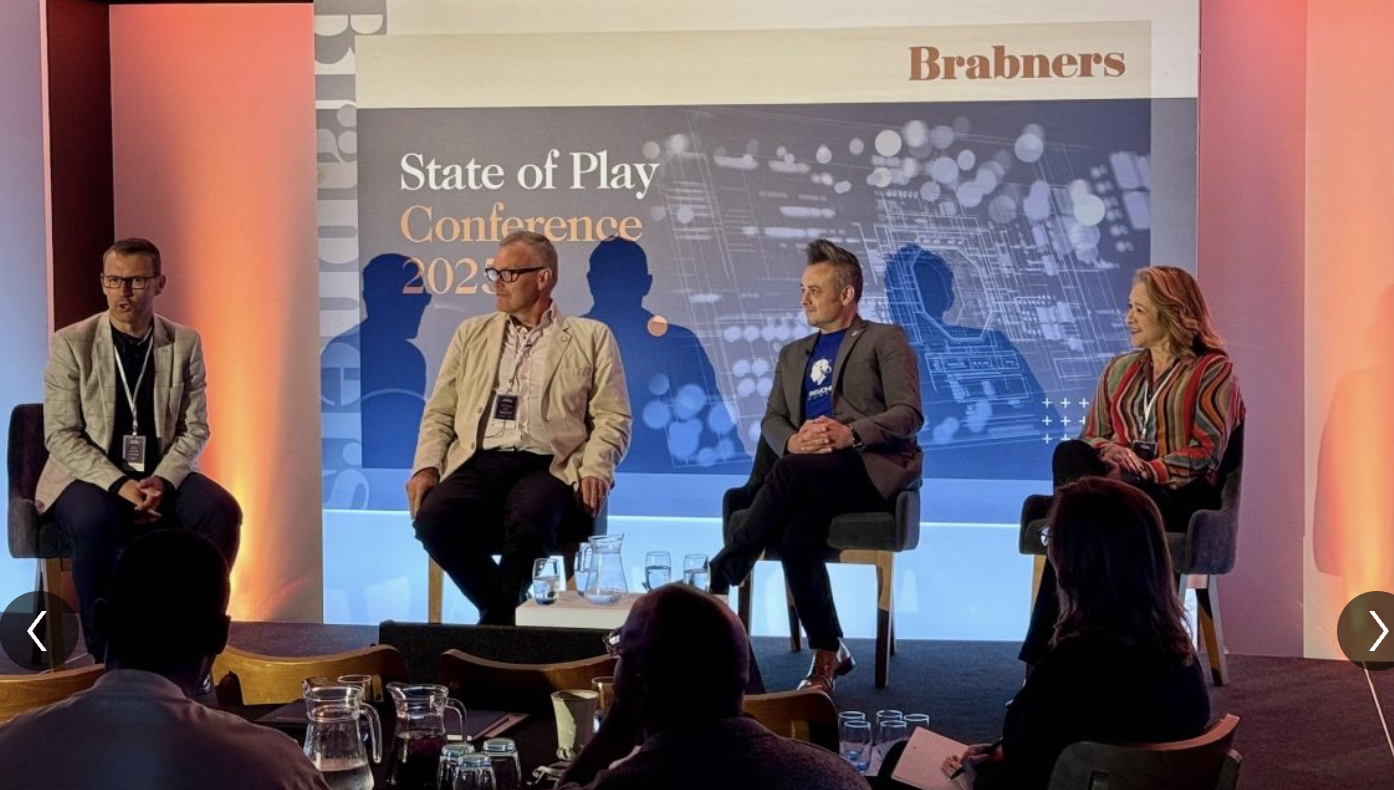
Brabners State of Play Conference
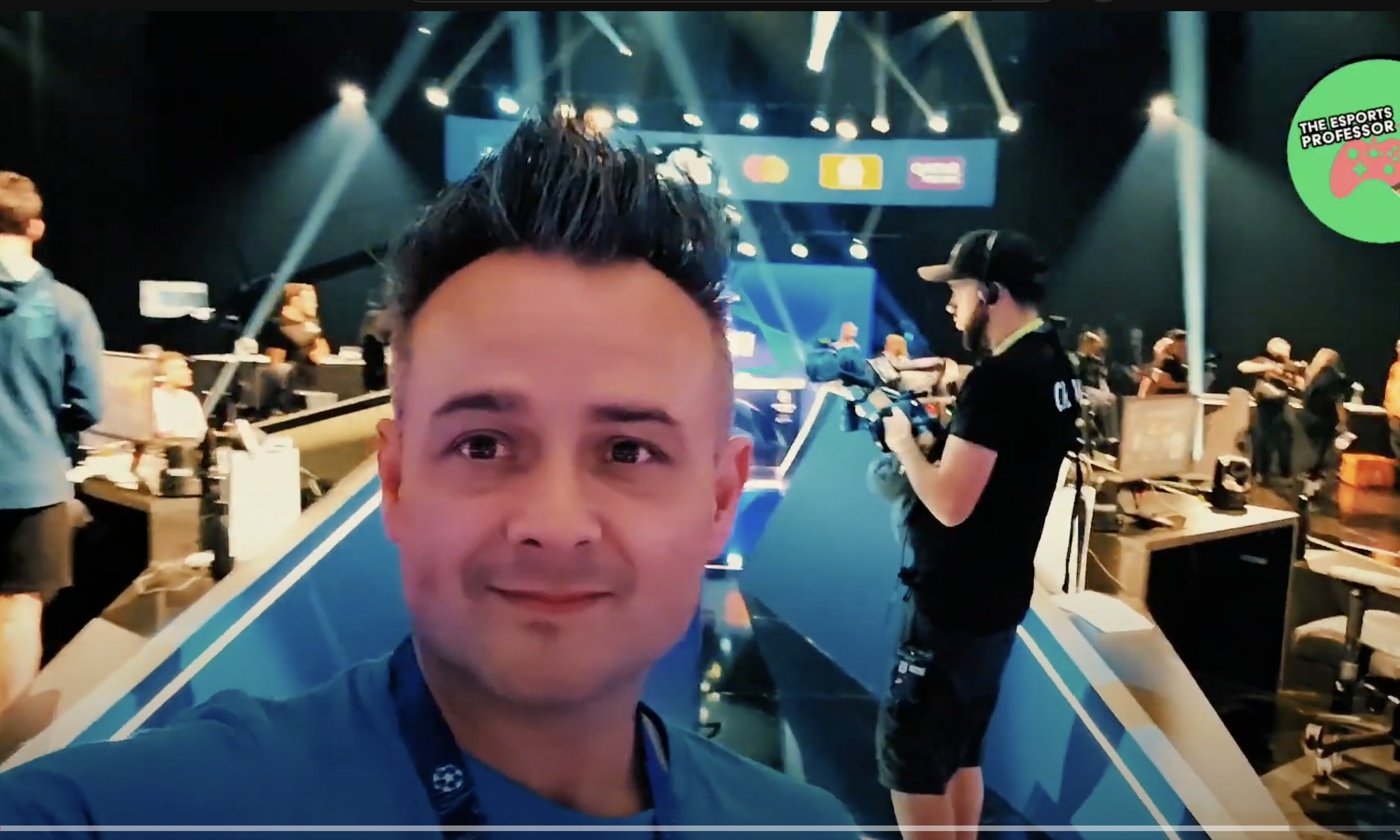
EA Sports FC eChampions League
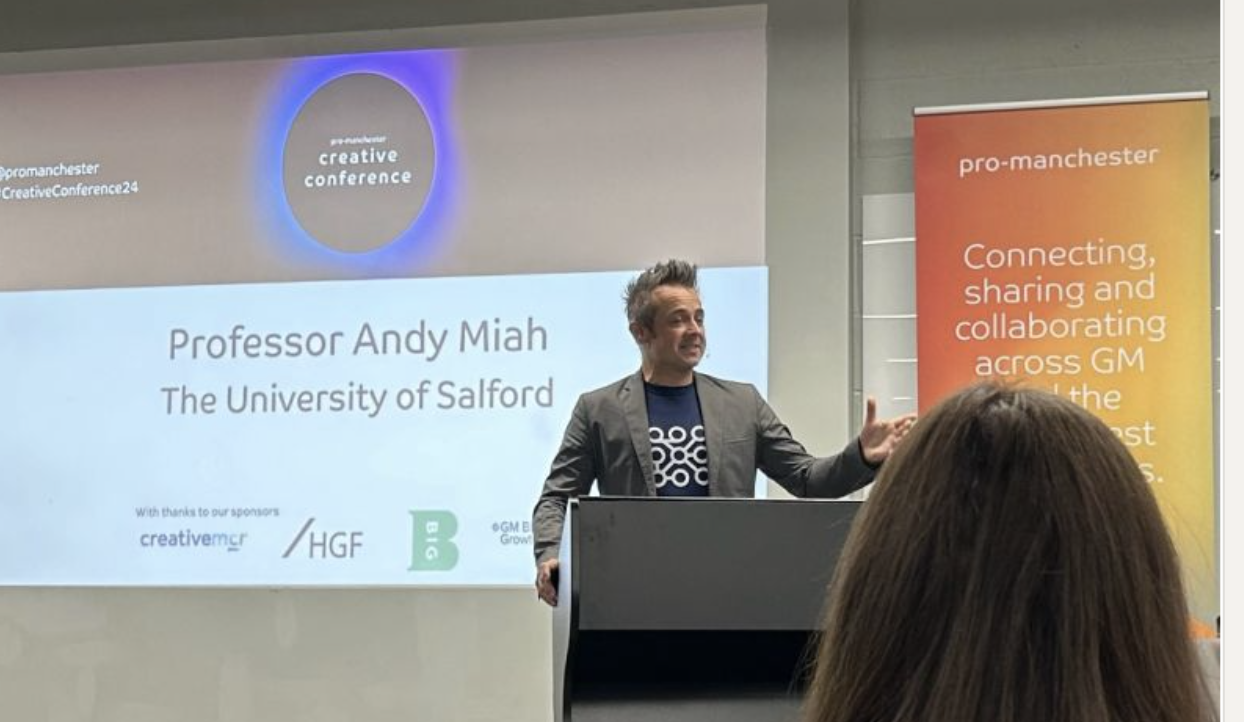
Creative Conference manchester
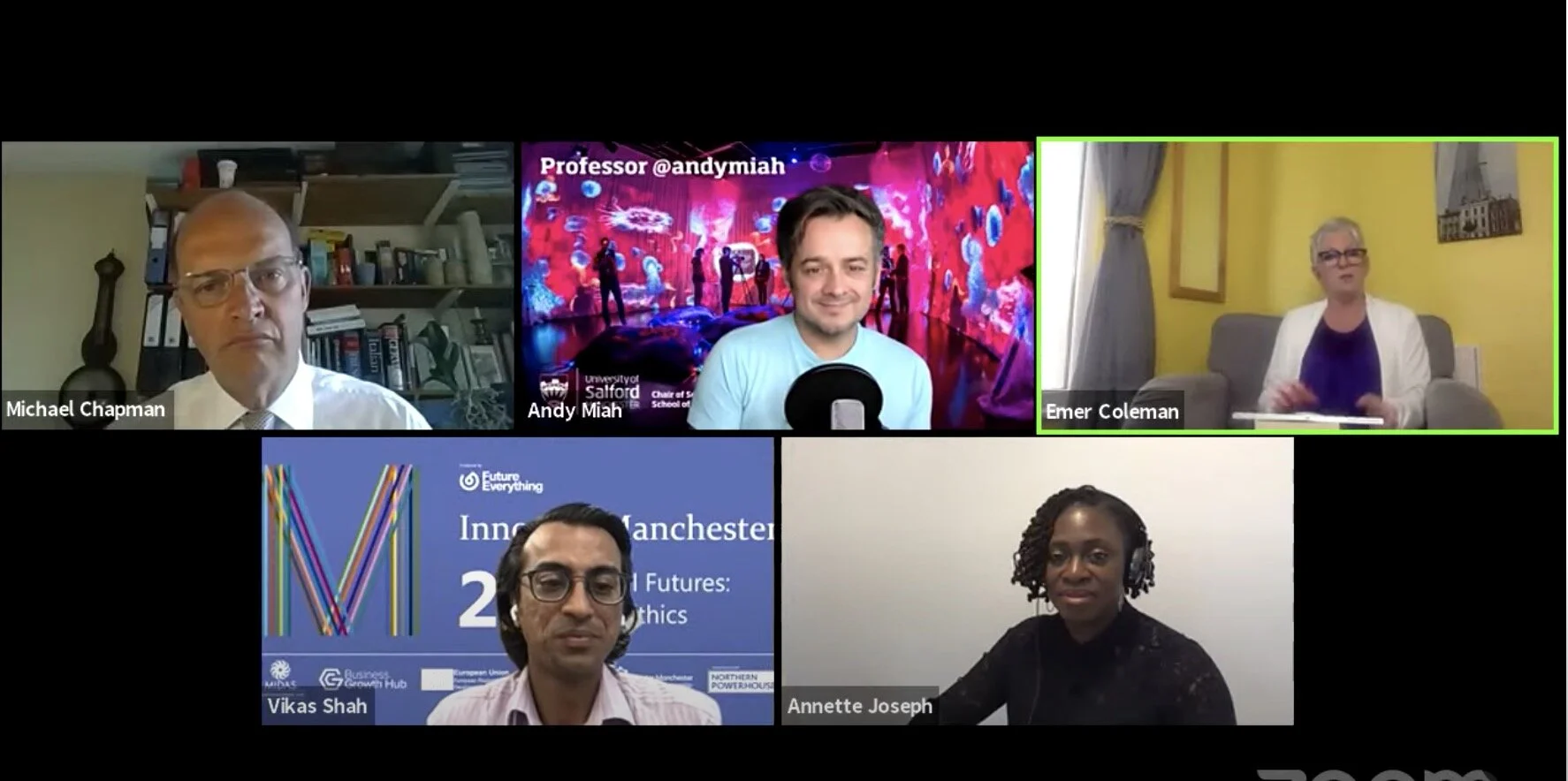
Our Digital Future: Thinking Through the Ethics
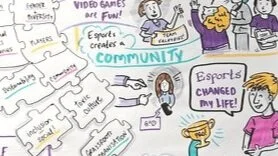
Future of Sport
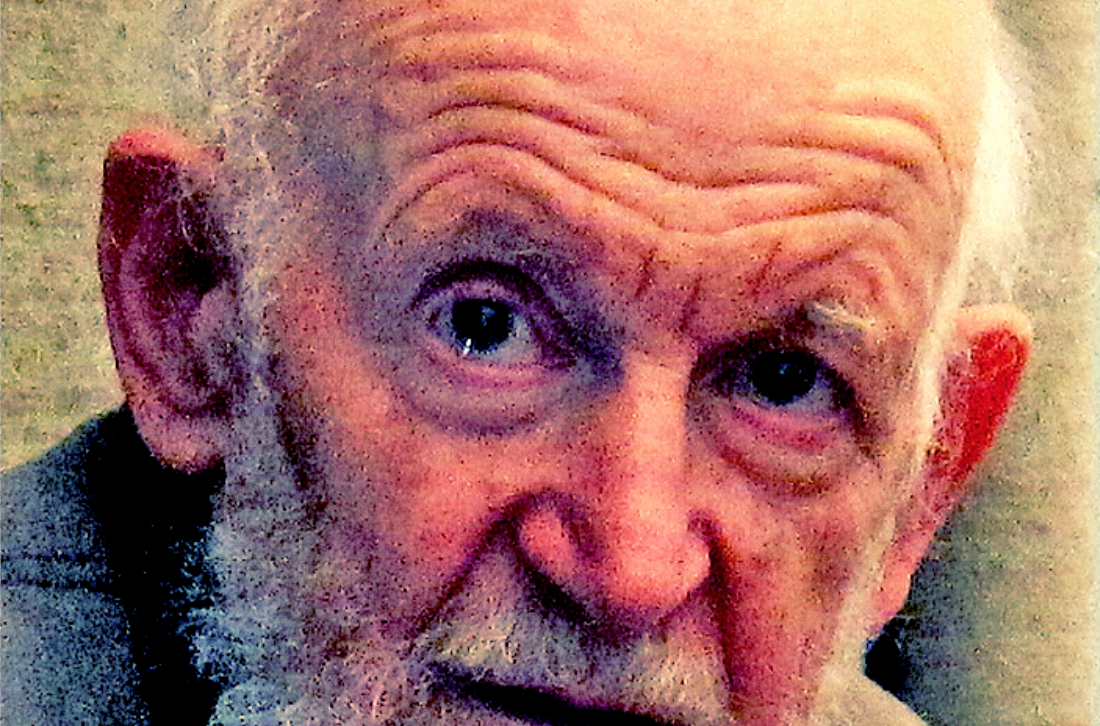
RIP Gustav Metzger
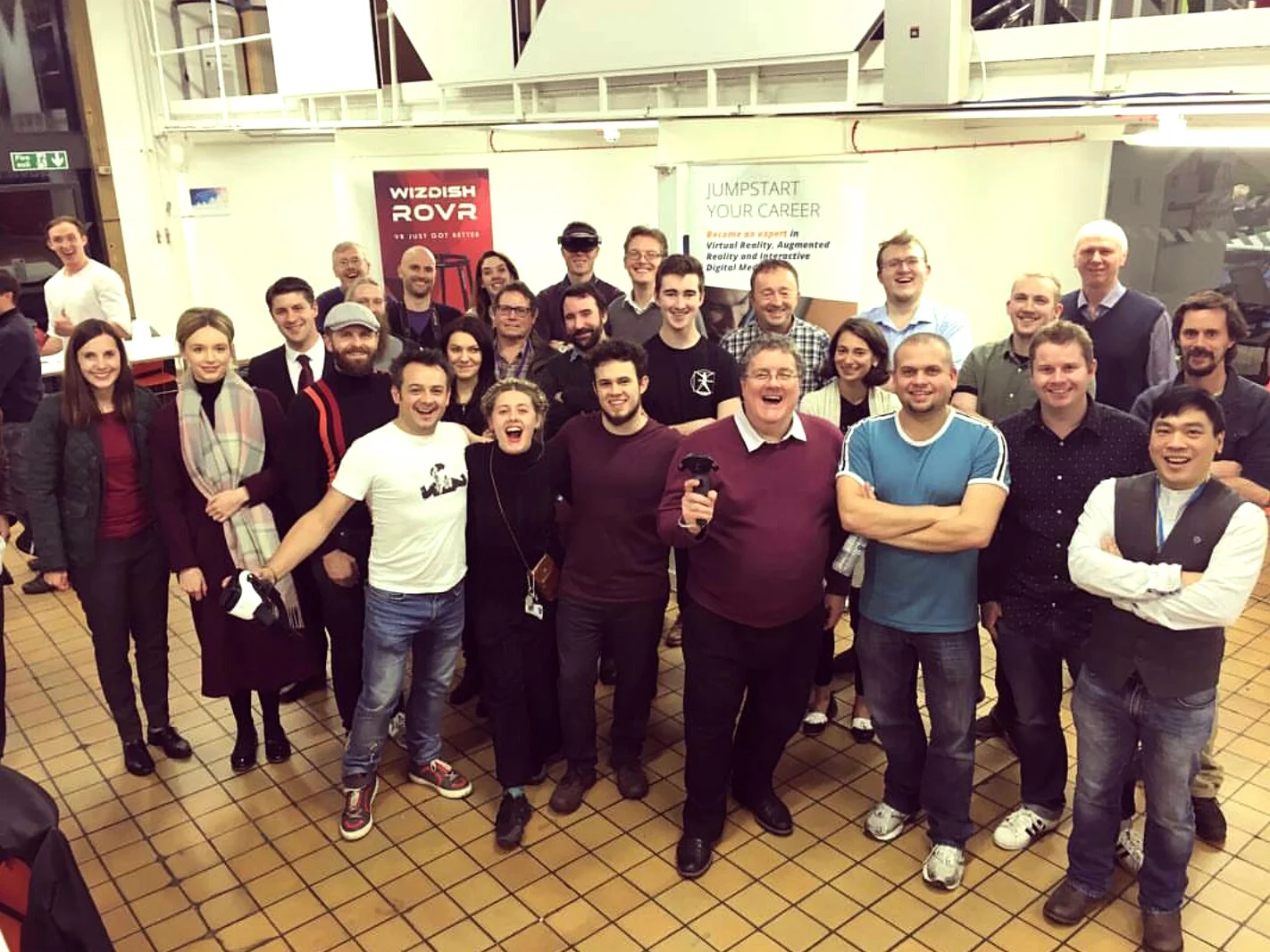
Directions in Virtual Reality

Amorance
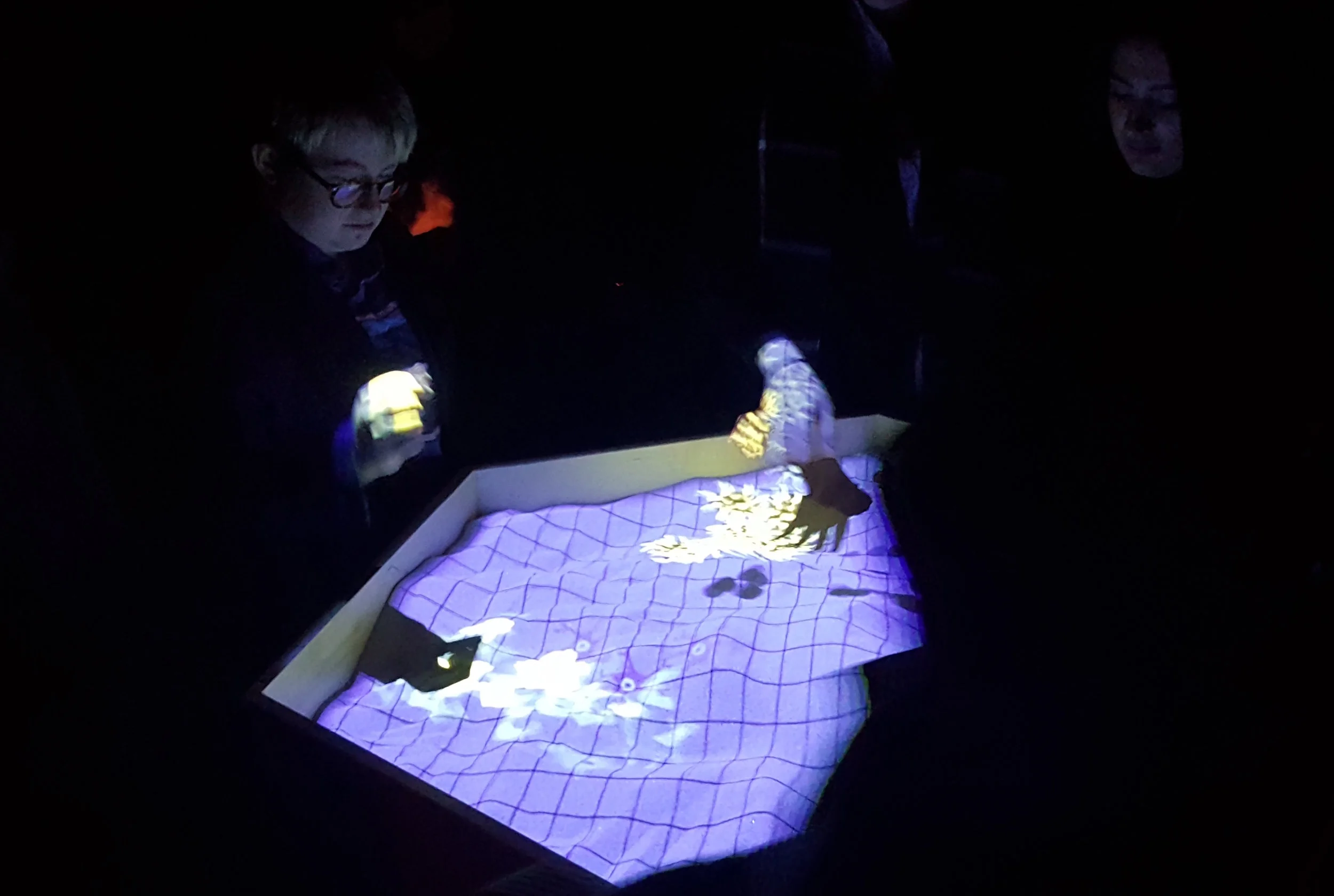
Salford Science Jam
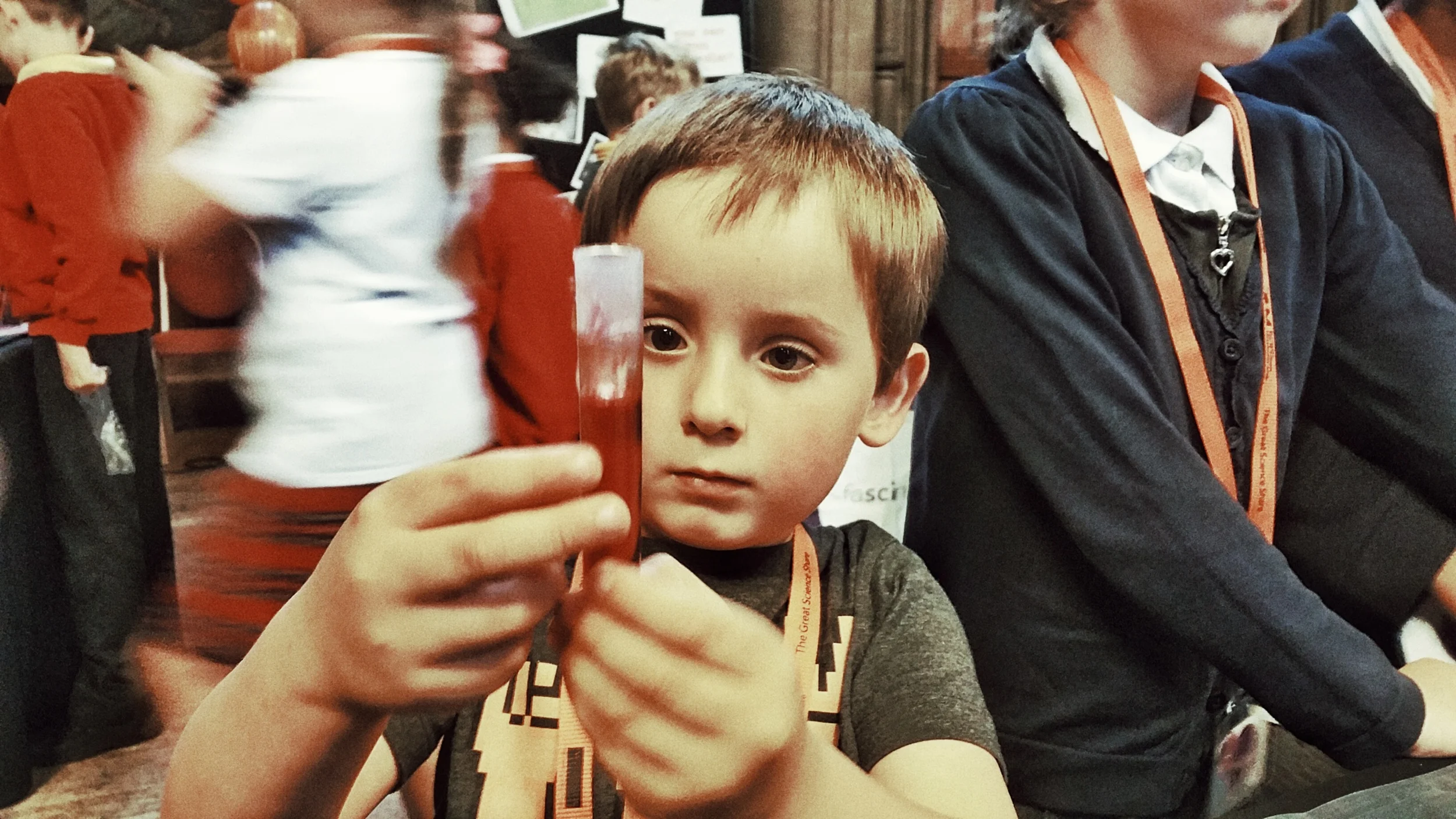
The Great Science Share
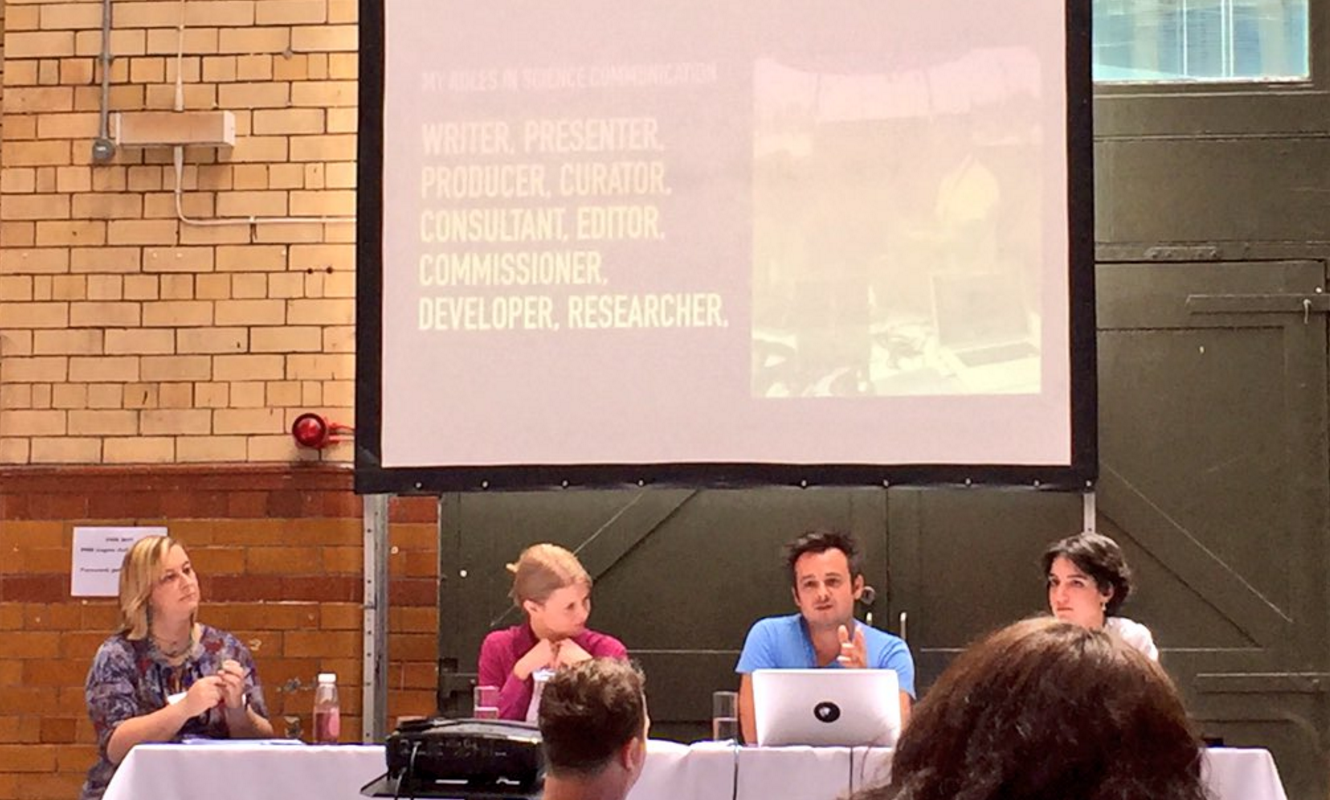
My life in #scicomm
Beacons for Science #ESOF16

Leadership in Science

Drone Expo

Science Jam

Pitch to Pixel

Back to the Future Today

